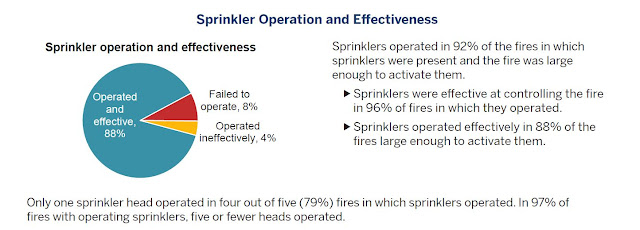GREAT question...and one that is asked often and certainly deserves some clarification.
I'll do my best to answer those questions...but you are always free to email me directly at spfdfireinspector@gmail.com. I assure you that I will get back to you with a more complete answer.
First things first. The rules vary slightly by municipality, but here is a synopsis:
City of Sun Prairie:
Campfires and cooking fires are allowed without a permit. Open burning is by permit only. Open burning is only allowed under very specific circumstances and must be approved by the city administrator and fire chief (or designee).
Link: City of Sun Prairie Open Burning Ordinance
Town of Bristol:
Campfires and cooking fires are allowed without a permit. Open burning is by permit only. Please know your local ordinance. Permits are as simple as calling in to the station. (608) 837-5066
Link: Town of Bristol Ordinances
Town of Burke:
Campfires and cooking fires are allowed without a permit. Open burning is by permit only. Please know your local ordinance. Permits are as simple as calling in to the station. (608) 837-5066
Town of Sun Prairie:
Campfires and cooking fires are allowed without a permit. Open burning is by permit only. Please know your local ordinance. Permits are as simple as calling in to the station. (608) 837-5066
Now, lets dig in to the meat of the question...
Campfires, or cooking fires
(No Permit Required)
For a Campfire in a fire pit (manufactured or a fire ring in your back yard) NO PERMIT IS NECESSARY.
SPFD has no interest in stopping residents from enjoying a campfire. We simply ask that you use your fire pit safely, burn only clean/untreated firewood and be respectful of your neighbors.
If for some reason things get out of control or an accident happens, CALL 911 IMEDIATELY.
When a fire in a fire pit becomes a nuisance, dangerous, or clearly violates the intent of just a good old fashioned campfire, SPFD will be forced to respond and we will extinguish the fire.
We are tasked with the OVERALL good of the community, so if someone is misusing their fire pit, or abusing their privilege to have a campfire; we will respond appropriately. He have to....its our responsibility.
Open Burning
(Permit Required)
For open burning that does not quality as a campfire or cooking fire; a permit is necessary.

Really Simply put: Open burning is essentially MANGED burning that occurs on the ground, and is intended as a means of property maintenance OR debris removal.
Burn Permits are free...we simply ask that you call in so that we have an idea of what is happening when that very well meaning motorist with a cell phone calls 911, we can respond appropriately.
IF we know it is a permitted fire, we will still send people, but we might not come lights and sirens... which is MUCH safer for everyone on the road.
And finally, some safety tips for both campfires and permitted open burns:











